2003 – Today
In Western Sudan, the Sudanese military and the Janjaweed, an ethnic militia group constisting of Beduin Arabs, have since February 2003 been fighting a variety of rebel groups, most notably the Sudan Liberation Movement and the Justice and Equality Movement (who, in 2006, temporarily merged) whose members belong to the non-Arab Fur, Zaghawa and Massaleit ethnic groups. Although the Sudanese government is still denying supporting the Janjaweed, it is clear that the militia group received monetary and other assistance from the Sudanese government, which put them at the centre of a new counter-insurgency strategy. Concrete government-sponsored actions include inflaming ethnic conflict, impending international humanitarian access, bombing civilian targets, and murdering and raping civilians. By the summer of 2004, an estimated 50,000 to 80,000 people had been killed and one million have been driven from their homes, resulting in a major humanitarian crisis. In September 2004, the UN Security Council passed a Resolution calling for an assessment of the conflict.
The subsequent UN report released in early 2005 attested that while mass murders and rapes were taking place,” genocidal intent appears to be missing.” The report also stated that by that time, there were 1.6 million displaced persons and more than 200,000 refugees fleeing from Darfur to Chad. The number of refugees as of May 2008 is believed to have risen to 2.5 million. More than 500,000 people have been murdered. In 2008, with food prices soaring humanitarian aid has been drastically reduced. Violence has spread over the border to Chad and the Central African Republic. Despite the alarming situation, the United States remains the only country referring to the killings as genocide. On 22 June 2004, the US Congress has declared the situation in Darfur a genocide and in October 2006 passed the Darfur Peace and Accountability Act.
It is largely criticized that lessons from the Rwandan genocide have not been understood and that in the same manner, genocide could have been prevented in Darfur as it could have been in Rwanda. In a report published 16 October 2006, the executive director of the Minority Rights Group, Mark Lattimer, stated that “this level of crisis, the killings, rape and displacement could have been foreseen and avoided.
